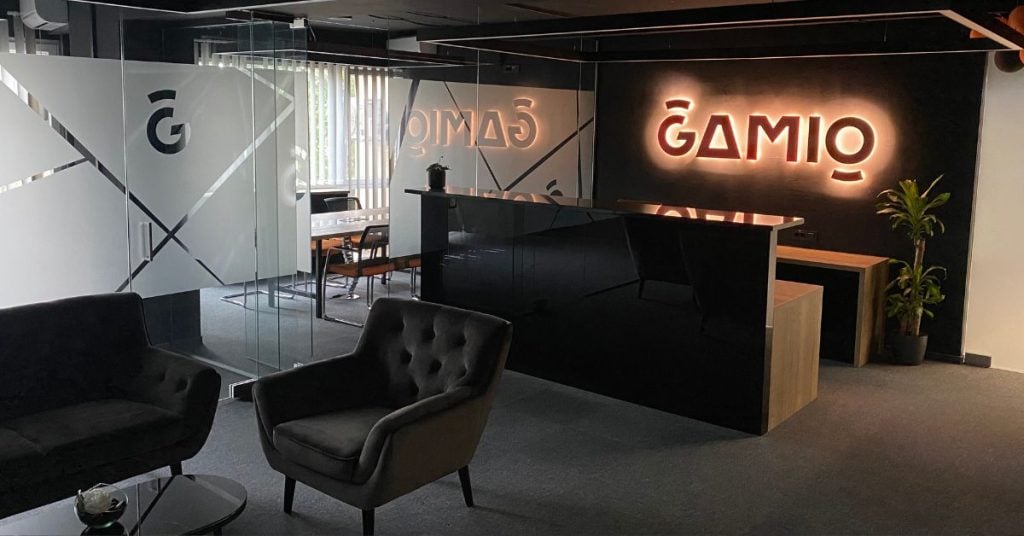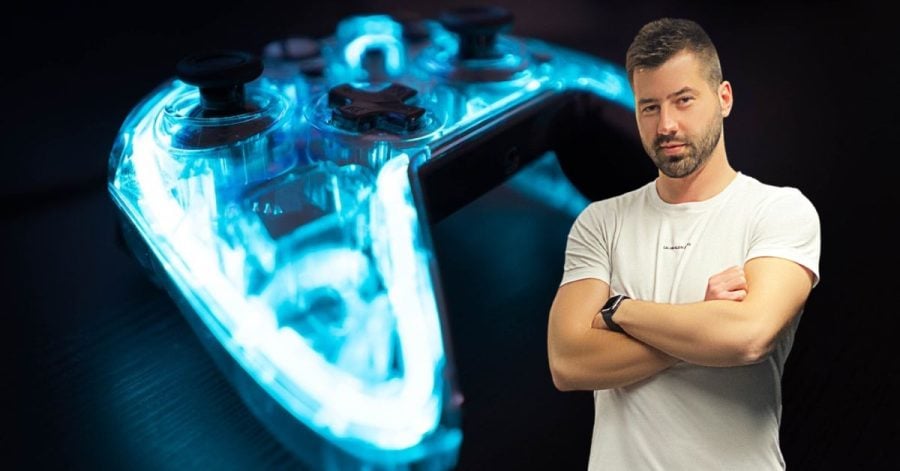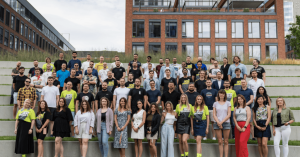Earning crypto while playing your favorite games – while for most this sounds like a dream come true, one Croatian gaming startup is working on making this a reality. With extensive experience in managing online oriented business and working in large corporations, Croatian entrepreneur Marko Matijevic has been working on developing Gamio for the past two years.
Matijevic had first founded an e-sport arena called “Hall of Game”, where the initial goal was to create a modern environment for the whole gaming ecosystem where gamers could socialize, events can happen and gaming creators can meet with their audience.
However, after “Hall of Game” organized the first tournaments, he realized that there was a huge problem with the e-sport industry from the organizator perspective.
“All e-sports fans are gamers – but not all gamers are e-sports fans. Based on that we wanted a platform that will target all gamers and not just the top 0.01% which want to compete in a competitive space. So, we ditched the idea of a blockchain powered esport platform and we oriented towards a more engaging way. Each player competes for his own prize by doing various ingame challenges,” Matijevic tells The Recursive.
Currently, Gamio uses this concept with popular games such as Fortnite and League of Legends, but also looks to broaden the selection with other games as well.
“Challenges and rewards are written in the blockchain for full transparency and users will be able to get a sense of the crypto world in a fun and understandable way. We aim to be an addition to their gametime and not an obstacle and that is why all the “crypto classics” such as staking, locking etc, will be severely gamified,” Matijevic explains.
According to him, Gamio aims to capture a market segment that was untapped before and at the same time to provide a great incentive for the players.
Vast potential to develop gaming in Croatia and beyond
At the moment, the company’s offices are located in the coastal city of Rijeka, and they also have a committed developer founding team in the Croatian capital of Zagreb.
So far, Gamio successfully managed to close a pre-seed round worth €660K, and the project is also backed by Hellen’s Rock Capital.
“From the first discussions with Stjepko Čordaš and Andrea Čordaš I knew that this was going to be something more than just a financial deal. They live the product with us and help immensely with the company setup. There is truly a great difference between a regular VC and a family office. We had a pre-seed round at €660K and are preparing now a seed round which will as well be equity based. The plan is to have the token sale in Q2-Q4 next year depending on the market circumstances.” Matijevic says.
His previous experiences, especially in the betting and virtual gaming industries, taught him valuable lessons about getting into the new endeavor with “Hall of Game” and Gamio.
“Since no other Croatian gambling operator had put much effort in esports we created a partnership with a local esport organization which operated for years. With the partnership I gained much more insights on the problems in the industry and where the potential is. Of course we had the understanding that we will never be able to scale quickly globally and we need a digital product for that is where the story of Gamio begins,” he explains.
When it comes to developing gaming in the Balkans, according to Matijevic there is a vast potential and an opportunity for different countries to share their experience and cooperate together.

“The Balkans has just started stepping up in the gaming department. The pandemic situation for sure had a big impact on that. Serbia in that department is years ahead of where we are in Croatia but leveraging on the same language I believe there is a huge potential for the whole market to be at a very competitive state. Funding is still a bit of a problem since the companies are separated and care about the numbers they receive in their HQ (at least for the more traditional ones),” Matijevic tells The Recursive.
“Hall of Game”’s e-sports events are also contributing towards making the Balkans an epicenter of gaming happenings and this experience can also help Gamio develop into a product which gamers will use.
“We have people from not only the closer region but all around the EU coming to the gaming happenings not only as competitors, but also as spectators which can enjoy the casual gaming experience as well. All of this experience and feedback we have through Hall of Game will just help us kickstart Gamio and create something that most of the gamers will want to use.” Matijevic concludes.








